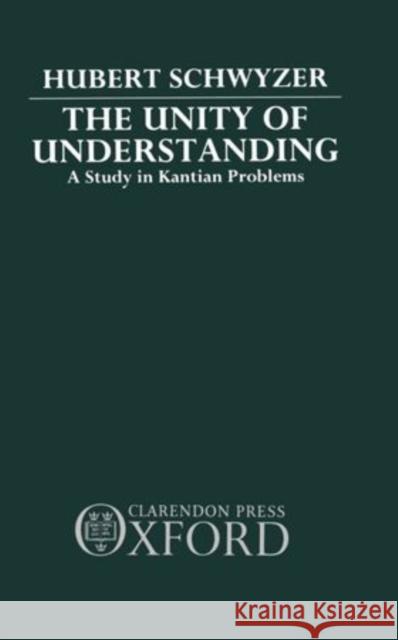The Unity of Understanding » książka
The Unity of Understanding
ISBN-13: 9780198248293 / Angielski / Twarda / 1990 / 184 str.
This book is about Kant`s account of human understanding, of our capacity to form concepts of, and to be conscious of, things in the world. It argues that the conditions which Kant lays down for understanding - conditions about the autonomy of thought, and about the relation of concepts to objects and of language to experience - cannot be satisfied within his overall picture of understanding as `representing something to oneself.'The argument proceeds through a discussion of the nature of concept-possession and the relation of concepts to objects, to what it is to be conscious of anything, and what it is to follow a rule. Wittgenstein`s insights on these issues have a direct bearing on Kant`s problems. If Kant`s conditions are to be satisfied, understanding must be seen, not as a capacity for mental representation, for having ideas, but as a capacity for action.
This book is about Kant's account of human understanding, of our capacity to form concepts of, and to be conscious of, things in the world. It argues that his insights into what is needed for human understanding conflict with his overall view of the nature of that capacity.











